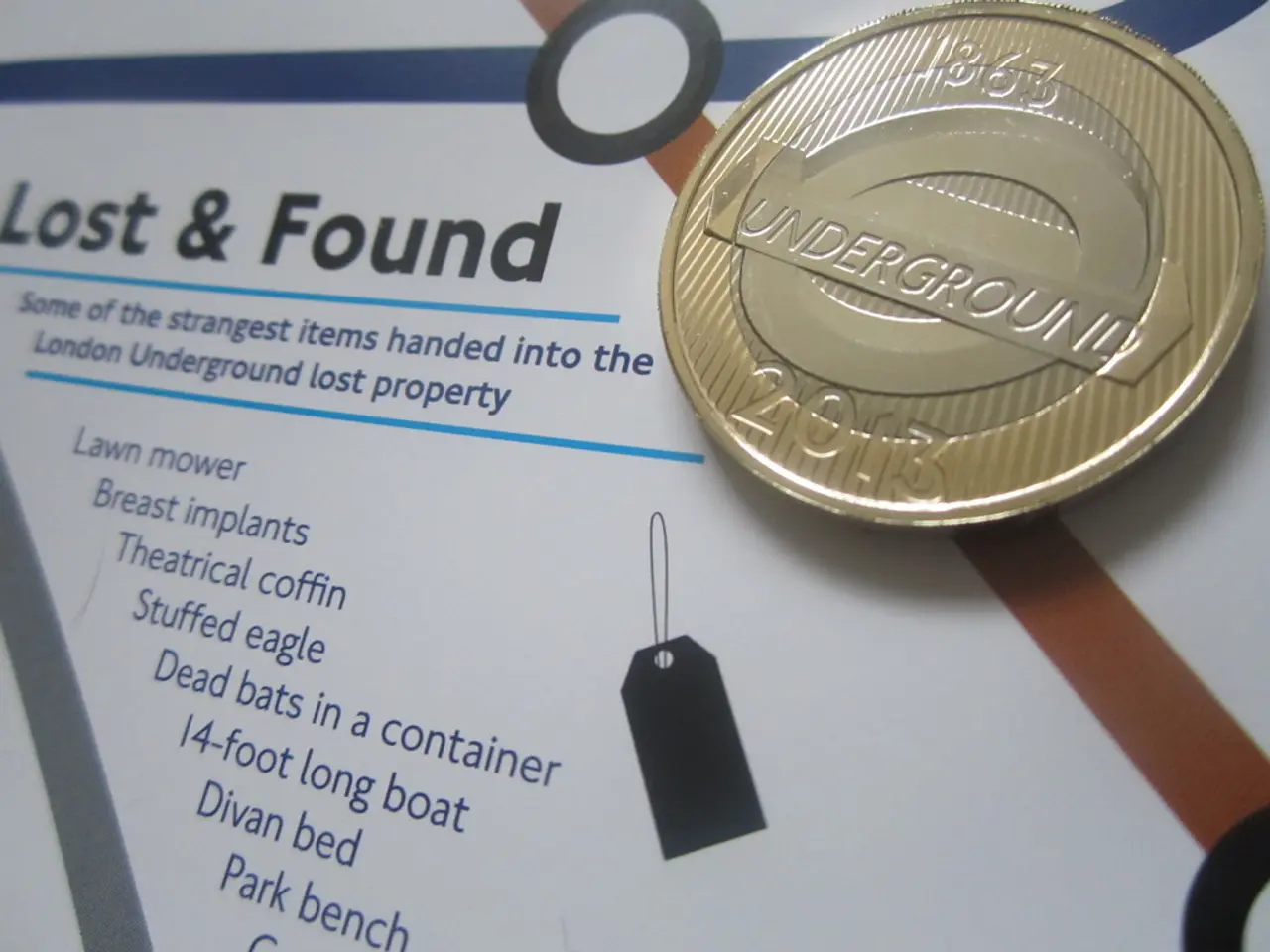Dissent Among New Zealanders Over Proposed Gambling Legislation
The first reading of the Online Casino Gambling Bill was passed in New Zealand's parliament on July 15, 2025. The bill, aimed at legalizing and regulating online casino gaming, seeks to create a controlled, licensed environment with strong player protections and harm prevention measures.
The bill proposes issuing up to 15 online gambling licenses, each valid for a three-year term, through an auction process. Companies must meet strict criteria, including submitting a harm prevention strategy and providing their compliance history, to be eligible for these licenses.
One of the key provisions of the bill is the requirement for operators to implement robust age verification systems to prevent gambling by persons under 18 years old. The bill also enforces strict advertising controls, prohibiting ads directed at children or minors, to reduce exposure and risk.
Operators will be required to contribute 1.24% of their profits to a levy that funds gambling harm treatment and support services in New Zealand. The Department of Internal Affairs will oversee the enforcement of the new regulatory framework, recovering costs from license fees. Companies violating the rules can face fines of up to NZD 5 million (approximately US$3 million).
The rationale behind the bill is to make online gambling safer by ensuring licensed operators uphold harm minimization and player safety. The bill also aims to help combat gambling-related harms in New Zealand by generating tax revenue and resources.
Jamie Arbuckle, a Member of Parliament for the New Zealand First Party, supports the bill, arguing that it will help curb the country's currently unregulated online gambling market. Arbuckle also emphasizes the importance of ensuring that only trustworthy operators are permitted to participate in the online gambling sector.
However, Labour Party politician Lemauga Lydia Sosene opposes the Online Casino Gambling Bill, arguing that it does not offer a sufficiently robust plan to reduce gambling-related harm. Sosene argues that the current version of the bill fails to fully address concerns about online harm reduction and consumer protection.
Minister of Internal Affairs Brooke van Velden encourages New Zealanders to participate in the process by sharing their views during the public submission period, which will open prior to the bill's final reading. The bill will move to a parliamentary select committee for further review.
In summary, the Online Casino Gambling Bill establishes a controlled, licensed environment for online casino gambling with strong player protections, harm prevention measures, financial contributions to treatment services, and substantial penalties for non-compliance. The bill aims to make online gambling safer for New Zealanders and ensure that companies offering these services contribute to tax revenue and help fund gambling harm treatment services within the country.
- The passage of the Online Casino Gambling Bill in New Zealand's parliament on July 15, 2025, represents a significant move in the policy-and-legislation realm, as it seeks to legalize and regulate online casino gaming.
- The finance sector, specifically fintech companies, might be interested in the online gambling industry, given the bill's proposal to issue up to 15 licenses for a three-year term through an auction process.
- General news outlets could cover the bill's progress, including the public submission period and the move to a parliamentary select committee for further review, as it pertains to politics and public policy.
- The bill's implementation, which includes strict age verification systems, robust harm prevention strategies, and advertising controls, could potentially reduce gambling-related harm, a topic of significant interest within the realm of finance and public health.




